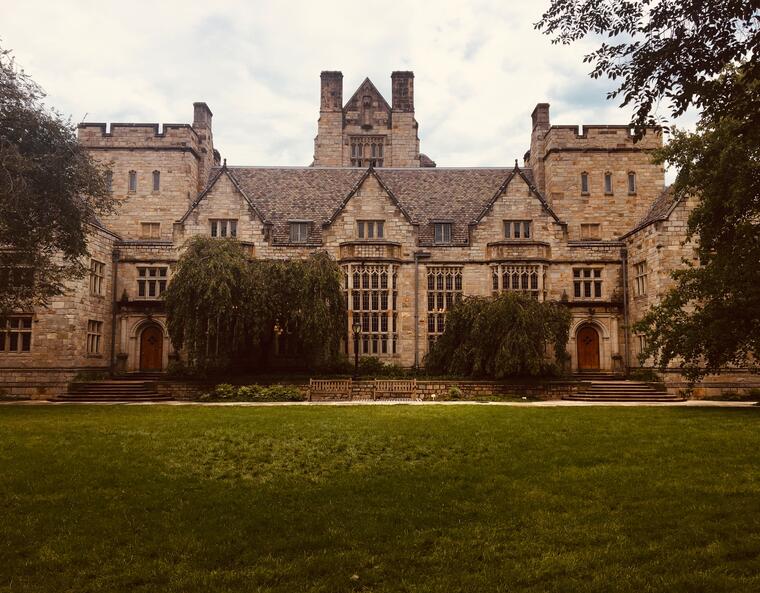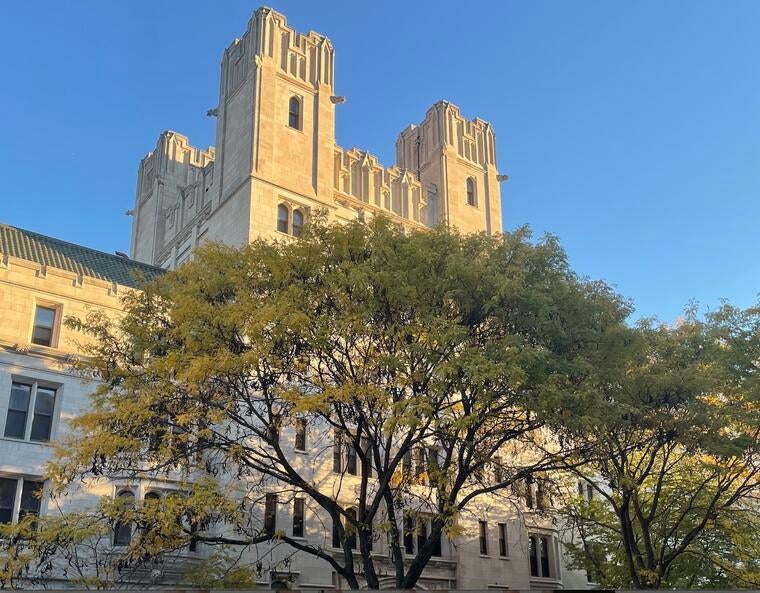
“As of this moment, what academic areas seem to fit your interests or goals most comfortably? Please indicate up to three.”
When I was applying to Yale, this question on the application was particularly scary. Despite the noncommittal tone of the question, the idea of figuring out my major felt daunting. More specifically, the idea of specializing in something felt daunting. High school success, after all, is often characterized by excelling in a lot of different subject areas. And now, suddenly, I was supposed to choose just one thing to do?!?
Well, yes and no.
First, to assuage any anxiety that you, too, may be feeling due to this question: the three prospective majors I put down on my Yale application were Chemical Engineering, Mechanical Engineering, and Environmental Engineering. You can look at my blogger bio to the left of this post to ascertain that I’ve ended up majoring in exactly none of these things. This is not to say that I wasn’t genuinely considering each of these majors at the time. It just means that, in my first few months of college, I concluded that these majors weren’t right for me.
While I had crossed a few majors off the list by the end of my first semester at Yale, I was still a far cry from declaring a major. In fact, I declared a major in Computer Science in the spring of my sophomore year. Some students declare much earlier than that; others end up choosing a major, not liking it, and changing paths completely a year later. There’s no perfect timeline.
No matter what your academic trajectory may be, I’ve compiled a list of tips and questions to keep in mind as you make your own declaration and progress through your studies. Three years after first contemplating my major, I’ve learned that it’s important to continuously re-evaluate your progress and embrace the unexpected.
1. Find the subject material that’s intrinsically interesting to you. A dynamic, engaging professor can make practically any subject fun. But when you’re alone in the library with just your PSets, readings, and other homework, what work do you find most exciting? Which assignments are you most motivated to complete?
2. Your major does not have to directly correspond to your eventual career choice. Most History majors at Yale don’t become full-time historians. Psychology majors can end up working for tech companies. One of my best friends is a Cognitive Science major and plans to become a medical doctor. So if you’re stressed about choosing the “right” major for a particular career, don’t be. No matter what your major is, you’ll be able to tailor it to your particular interests through electives, research, and even related classes from another discipline.
3. What are you willing to suffer (at least a little bit) for? The fact is that practically any program of study you choose at Yale will have its challenges. You’ll have some late nights, or struggle to understand some concepts, or get some bad grades, or have to complete a few assignments that you don’t enjoy. But you’ll know you’ve chosen the right major when you look back on classes you take in that major and declare, “All that struggle was worth it!”
I hope these ideas can help you navigate the seemingly endless array of academic opportunities at Yale (or any school you choose!). Just remember to go with your gut and embrace your capacity for growth.

















